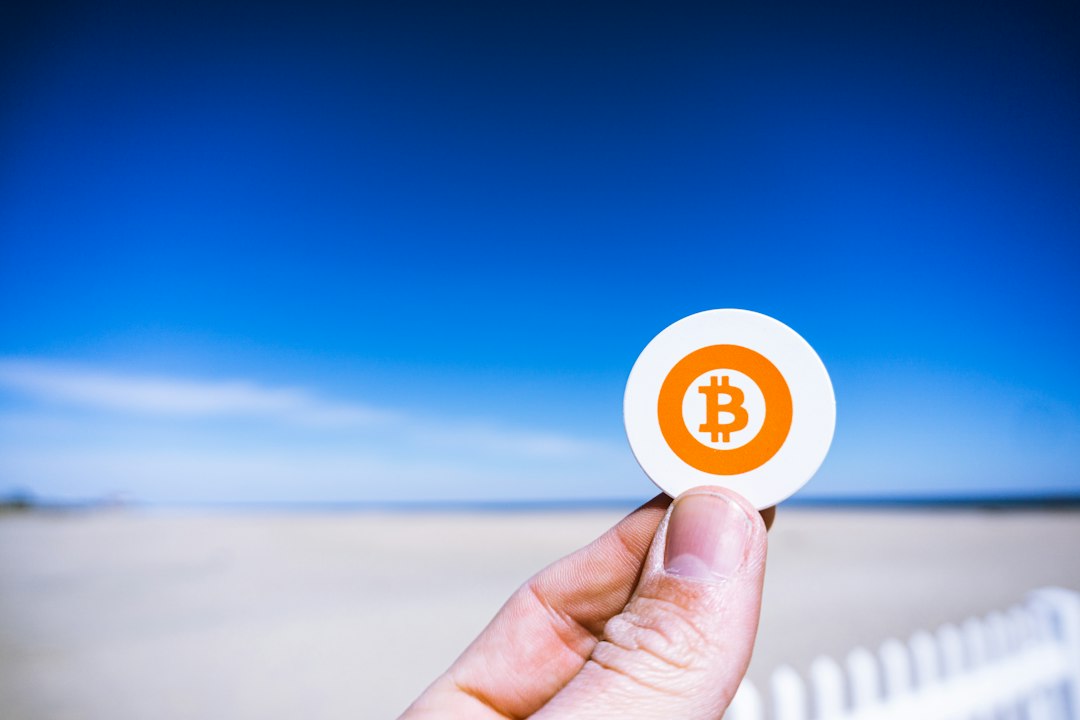Bitcoin Could Become a Legitimate Treasury Reserve Asset for Top US Companies, Says Michael Saylor
Michael Saylor, the founder and executive chairman of MicroStrategy, believes that Bitcoin (BTC) has the potential to become a “legitimate” treasury reserve asset for major US companies. He suggests that new rules from the Financial Accounting Standards Board (FASB) regarding the reporting of crypto holdings could accelerate Bitcoin adoption.
New FASB Rules to Report Crypto Holdings
The FASB is responsible for determining how companies should report their assets on their balance sheets. The upcoming rules, effective after December 15, 2024, will require companies holding crypto to report the “fair value” of these assets. This change is significant because it allows publicly traded companies to consider Bitcoin as a legitimate treasury reserve asset.
FASB Acknowledges Current Rules’ Limitations
The FASB acknowledges that the current rules do not provide relevant information about the underlying economics of crypto assets and an entity’s financial position. The new fair value measurement is expected to better reflect the economics of crypto assets and reduce complexity and costs associated with accounting for these assets.
Bitcoin Represents Digital Transformation of Capital
Saylor believes that Bitcoin is part of a broader trend towards digitalization. He compares it to Apple’s digital transformation of telephones and cameras and Google’s transformation of books and libraries. According to Saylor, people are becoming increasingly educated about digital assets and realizing the need to allocate more capital to this asset class.
Hot Take: Bitcoin’s Potential as a Treasury Reserve Asset
Michael Saylor envisions a future where Bitcoin becomes a legitimate treasury reserve asset for top US companies. He believes that the new FASB rules, which require companies to report the fair value of their crypto holdings, will accelerate Bitcoin adoption. Saylor sees Bitcoin as part of a larger digital transformation and believes that people will continue to allocate more capital to this digital asset. He concludes by stating that if Bitcoin is not going to zero, it has the potential to reach $1 million. The key question is whether Bitcoin is considered a legitimate institutional asset, as many institutions are currently under-allocated to it.





 By
By
 By
By
 By
By

 By
By
 By
By